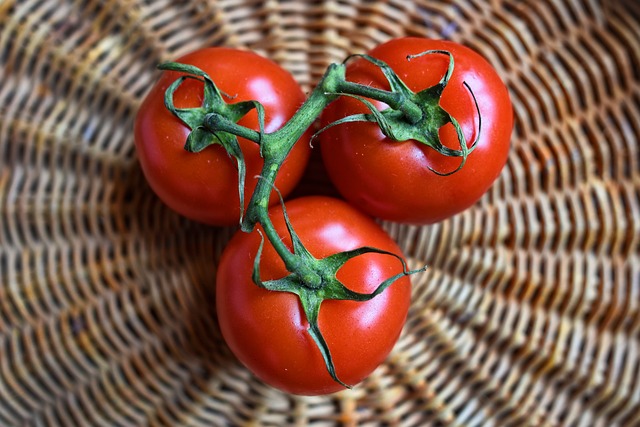Blog – Beyond Yogurt: Exploring Unexpected Sources of Probiotics in your Diet
Probiotics have gained popularity in recent years for their numerous health benefits. These live bacteria and yeasts are known to promote a healthy digestive system and boost overall well-being. While yogurt is a popular go-to source of probiotics, there are actually many other unexpected sources that you can incorporate into your diet. Let’s explore beyond yogurt and discover some exciting alternatives to introduce more probiotics into your daily routine.
Sauerkraut
Originating from Germany, sauerkraut is a type of fermented cabbage that packs a probiotic punch. During the fermentation process, cabbage is transformed by lactic acid bacteria, resulting in a tangy, probiotic-rich food. Sauerkraut is not only a delicious addition to sandwiches and salads but also offers a wealth of health benefits. Regularly consuming sauerkraut can help support a healthy gut flora, enhance digestion, and boost your immune system.
Kombucha
Kombucha is a fermented tea that has been consumed for centuries in many cultures. It is prepared by fermenting sweetened tea with the help of a SCOBY (Symbiotic Culture of Bacteria and Yeast). Kombucha is not only a refreshing and fizzy beverage, but it is also packed with probiotics and various nutrients. The live bacteria and yeasts present in kombucha contribute to a thriving gut environment, aid in digestion, and may even improve mental clarity and energy levels.
Kimchi
Originating from Korea, kimchi is a spicy fermented cabbage dish that is loaded with probiotics. Typically made with a combination of Napa cabbage, radishes, garlic, ginger, and chili pepper flakes, kimchi provides a flavorful boost to any meal. Incorporating kimchi into your diet can help improve gut health, reduce inflammation, and support your immune system. Don’t let the spicy flavor deter you – there are various types and levels of spiciness available, so you can find a kimchi that suits your taste buds.
Tempeh
Tempeh is a traditional Indonesian food made by fermenting soybeans. This nutrient-dense plant-based protein is not only high in probiotics but also packed with essential vitamins and minerals. Adding tempeh to your meals can contribute to a healthier gut environment and provide numerous health benefits such as reduced cholesterol levels, improved bone health, and better digestion. With its nutty flavor and meaty texture, tempeh is a versatile ingredient that can be used in stir-fries, salads, and even sandwiches.
Miso
Miso is a staple in Japanese cuisine and is created by fermenting soybeans with a fungus called koji, along with salt and water. The result is a flavorful paste that is commonly used to make miso soup. Miso is not only a delicious addition to your meals but is also a great source of probiotics. Consuming miso regularly can help improve digestion, boost immunity, and even reduce the risk of certain chronic diseases. Additionally, miso paste can be used as a condiment or added to dressings and marinades, enhancing the flavor and nutritional profile of your dishes.
Pickles
Who doesn’t love a crisp and tangy pickle? These briny delights are not just a tasty addition to your burger – they also offer probiotic benefits. Pickles are cucumbers that have been pickled in a solution of water, vinegar, salt, and various spices. During the pickling process, beneficial bacteria naturally occur, resulting in a probiotic-rich snack. It’s important to choose pickles that have been traditionally fermented rather than those made with vinegar, as the latter doesn’t offer the same probiotic advantages.
While yogurt is undoubtedly a great source of probiotics, it’s worth exploring beyond this popular option to find other delicious and nutritious alternatives. Adding sauerkraut, kombucha, kimchi, tempeh, miso, and pickles to your diet can provide a diverse range of probiotic strains, offering additional health benefits. Experiment with these unexpected sources of probiotics and give your gut health a boost!







